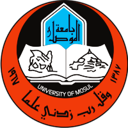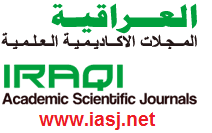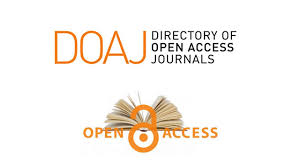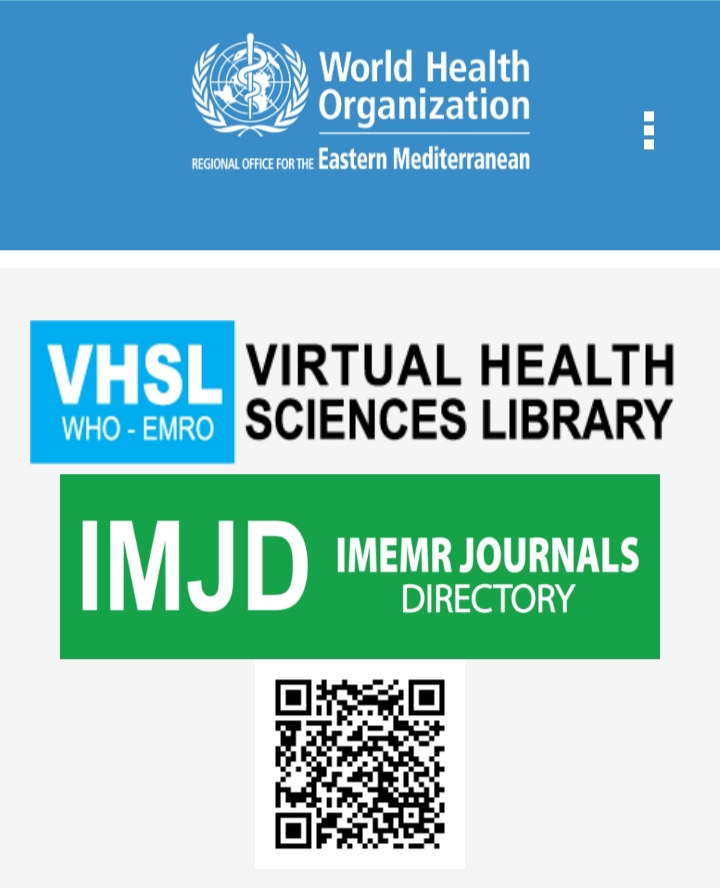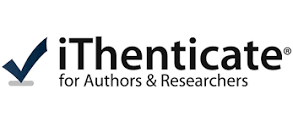Predatory Publishing Practices
The Al-Rafidain Dental Journal (RDENTJ) is firmly committed to upholding the highest standards of publication ethics and integrity. In alignment with the principles outlined by the Committee on Publication Ethics (COPE), the journal maintains a zero-tolerance policy toward predatory publishing practices.
We define predatory publishing as any exploitative academic practice that:
-
Lacks transparent editorial and peer review processes,
-
Misrepresents editorial board qualifications or affiliations,
-
Fails to disclose or misrepresents publication fees,
-
Fabricates or manipulates authorship, citations, or research data,
-
Engages in unethical solicitation of manuscripts,
-
Prioritizes financial gain over scholarly integrity.
RDENTJ Safeguards Against Predatory Practices
To ensure a trustworthy scholarly environment, RDENTJ:
-
Conducts rigorous double-blind peer review for all submitted manuscripts.
-
Publishes clear and publicly available editorial policies, ethical guidelines, and fee structures.
-
Verifies the identity and qualifications of all editorial board members and reviewers.
-
Requires ethical approval documentation for research involving human or animal subjects.
-
Screens submissions for plagiarism and manipulation using professional tools such as iThenticate.
-
Actively monitors for and rejects manuscripts generated through paper mills or fraudulent authorship.
What Authors and Readers Should Know
Authors, reviewers, and readers are encouraged to remain vigilant and report any suspicions of unethical conduct or predatory activity. The journal will investigate all allegations in accordance with COPE’s flowcharts and guidelines.
We strive to contribute to a responsible, transparent, and ethical publishing ecosystem and encourage our community to uphold the same values.
